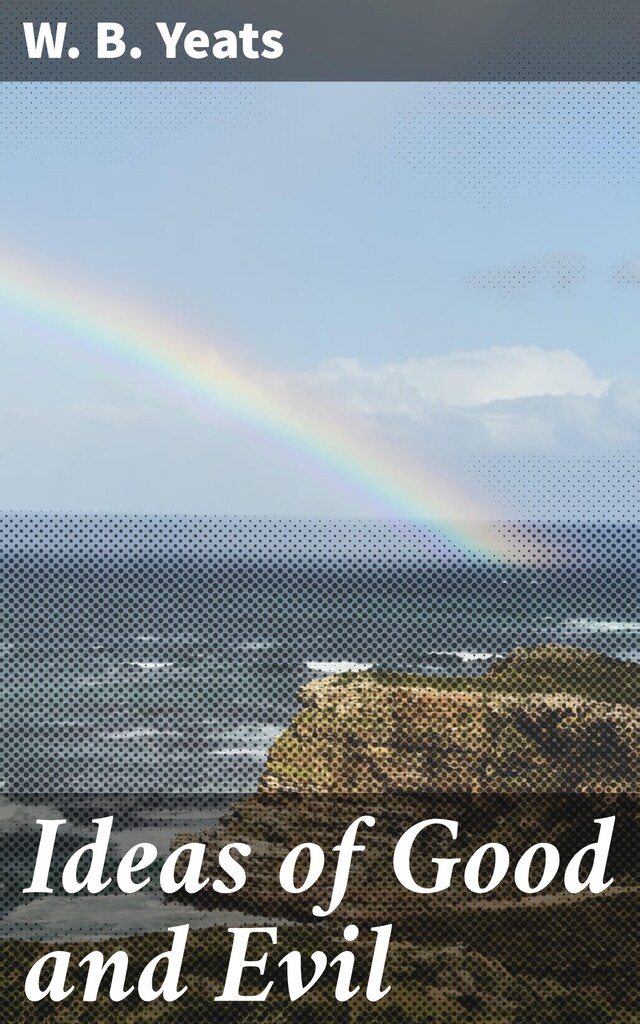
Ideas of Good and Evil
Exploring Morality and Ethics Through Poetry and Prose
Description of book
In "Ideas of Good and Evil," W. B. Yeats presents a profound exploration of morality, images of existence, and the dichotomy between good and evil. Written during a period of intense philosophical questioning at the turn of the 20th century, this collection of essays combines Yeats's mastery of poetic language with a rigorous philosophical inquiry into the nature of truth and ethics. His literary style, characterized by rich symbolism and lyrical prose, invites readers to ponder the complexities of human experience while reflecting on the socio-political turmoil of his time. Yeats engages with contemporary thinkers and draws upon various cultural myths to formulate a nuanced understanding of morality, making the work both timeless and deeply rooted in its historical context. W. B. Yeats, an iconic figure in modernist literature and a leading voice of the Irish Literary Revival, drew inspiration from his own search for meaning in a tumultuous world. His involvement in the occult and deep interest in mysticism further informed his exploration of existential themes in "Ideas of Good and Evil." As a poet and playwright, Yeats's artistic vision was profoundly shaped by his experiences of personal and political struggle, imbued with a sense of urgency to reconcile the metaphysical with the tangible. "Ideas of Good and Evil" is a must-read for scholars and enthusiasts of philosophy and literature alike. Yeats'Äôs incisive examination of moral questions resonates powerfully in today's world, encouraging readers to reflect on their own beliefs and the complexities of ethical living. This thought-provoking work not only enriches one'Äôs understanding of Yeats as a thinker but also invites a deeper contemplation of the human condition.
 W. B. Yeats
W. B. Yeats 183 Pages
183 Pages